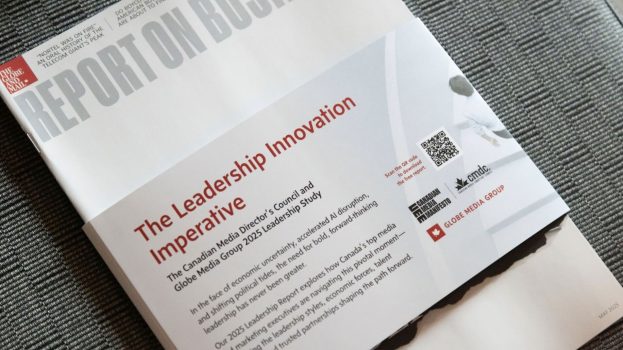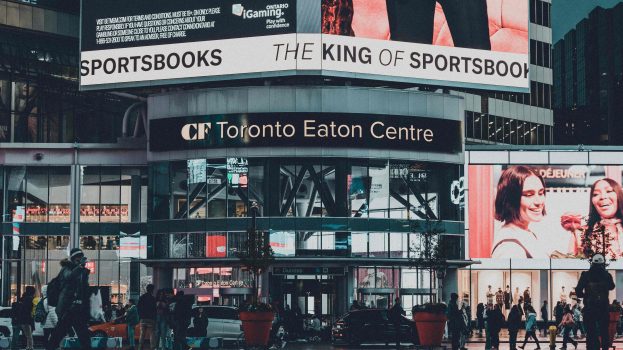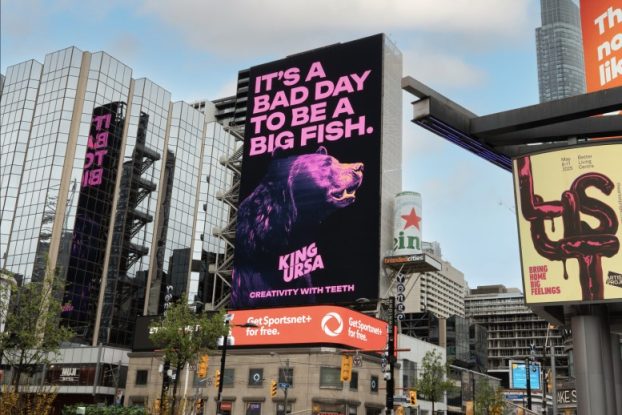If three quarters of the world’s brands disappeared, most people wouldn’t care, but major tech brands and a Canadian coffee favourite are still considered to add to consumers’ quality of life, Havas Media’s Meaningful Brands 2015 research suggests.
The study involved about 1,000 brands and 300,000 people across 34 countries and 12 industries. It analyzed brands based on how they contribute to collective well-being in communities, personal well-being (such as self-esteem and health lifestyle) and marketplace factors (product performance like quality and price). Meaningful brands are those seen to contribute to quality of life through things like incentives and rewards, providing relevant information and having live customer support, along with showing respect for customers and having good quality and safe products.
In Canada, the top 10 brands considered to be most meaningful include Samsung, Google, Tim Hortons, Apple, Microsoft, LG, A&W, Benadryl, YouTube and Reactine. Technology fared well in Canada, being the top meaningful sector here. Tech brands also made up about a third of the top 50 meaningful brands globally.
The top 10 global performers in this year’s study were Samsung, Google, Nestlé, Bimbo, Sony, Microsoft, Nivea, Visa, Ikea and Intel. Following those were HP, Dove, Walmart, Gillette, Knorr, Kellogg’s, Amazon, PayPal, Honda and Carrefour. Brands with the largest percentage increase since the last analysis in 2013 include Honda, LG, ING and AXA.
Overall, most people would not care if 74% of brands disappeared, according to the research. In addition, less than 28% of brands are seen to improve quality of life and well-being, a stable figure over the past five years, which Havas argues shows a continuing disconnect between brands and people.
In Canada, the percentage of people who trust brands (26%) is lower than in the U.S., at 34%. Canadians are more likely to trust a brand if it makes their lives happier and easier, and it’s important for them to feel proud of the product they’re using, according to the research. Additionally, while 59% of Canadians are also likely to share negative experiences with a product with people, only 54% are willing to also share a positive experience (both those figures are around 59% for Americans).
But trust in a brand doesn’t equate to it being considered meaningful, or one that contributes to quality of life, according to the research. In North America, the percentage of brands people trust is 22% and those seen as contributing to quality of life and well-being is only 3%. In Europe, brand trust is higher at 31%, and is at 78% in “Developing Asia” but meaningfulness is still low, with 7% and 38% of brands considered meaningful in those respective markets.
Those considered more meaningful brands see better share of wallet, according to Havas, 46% higher than non-meaningful ones. Key performance indicators, such as purchase intent, also improve for meaningful brands and have stronger stock market performance, Havas also says.
Image courtesy of Shutterstock
























